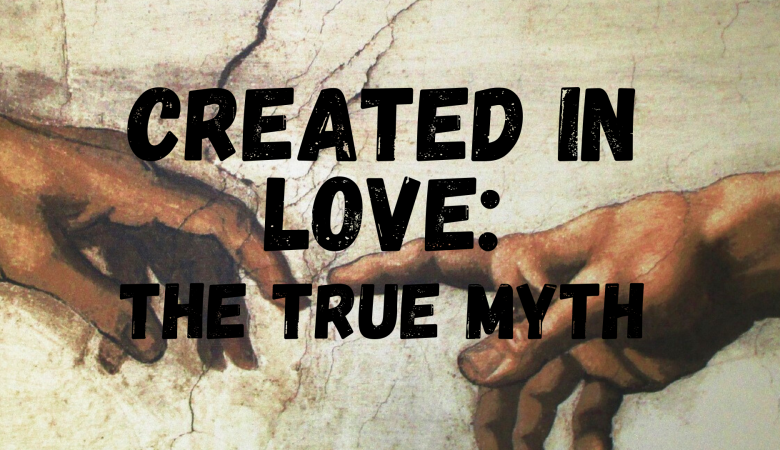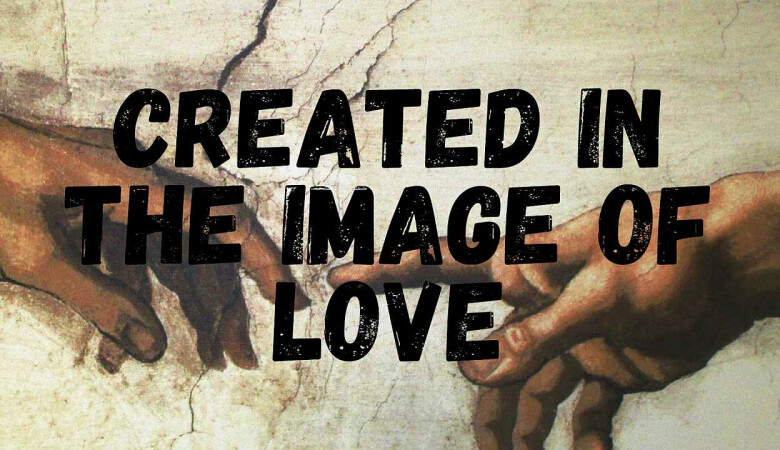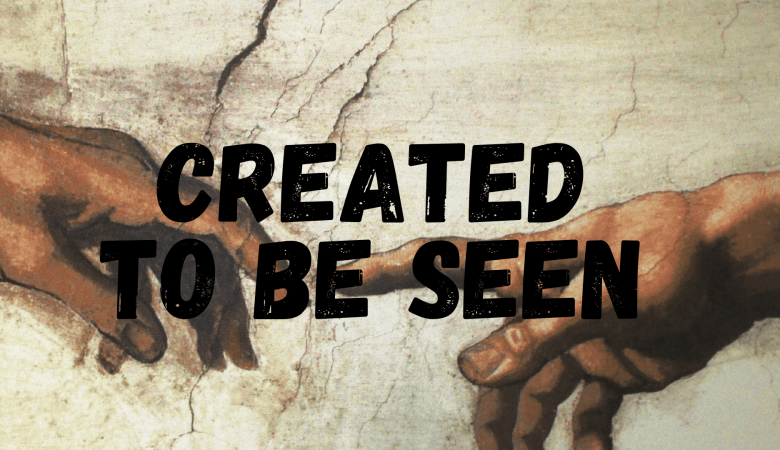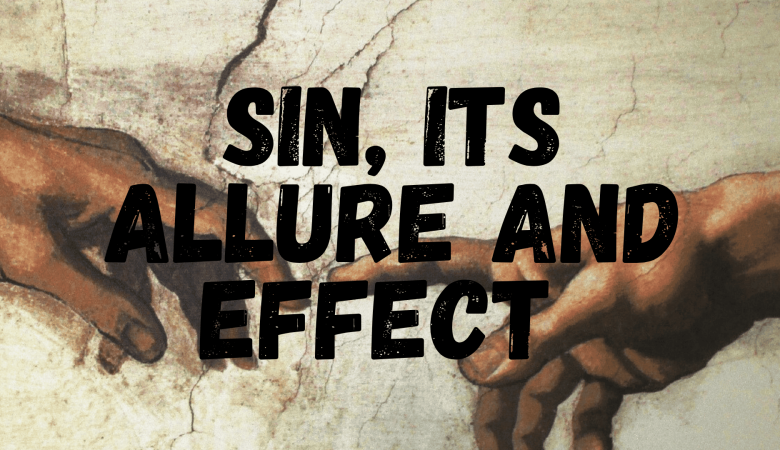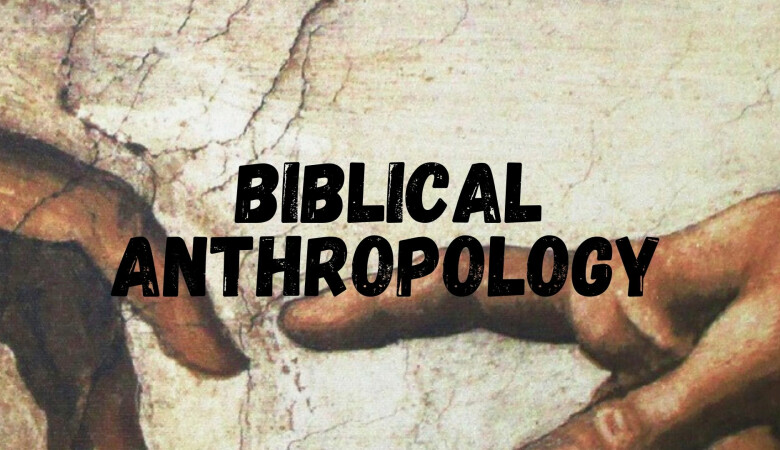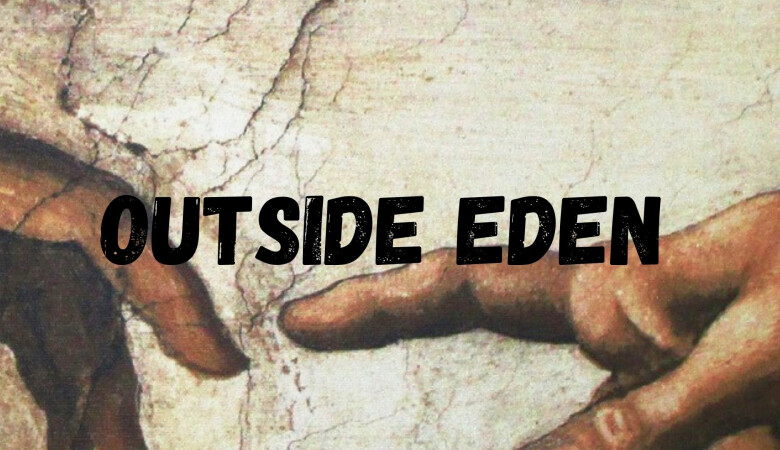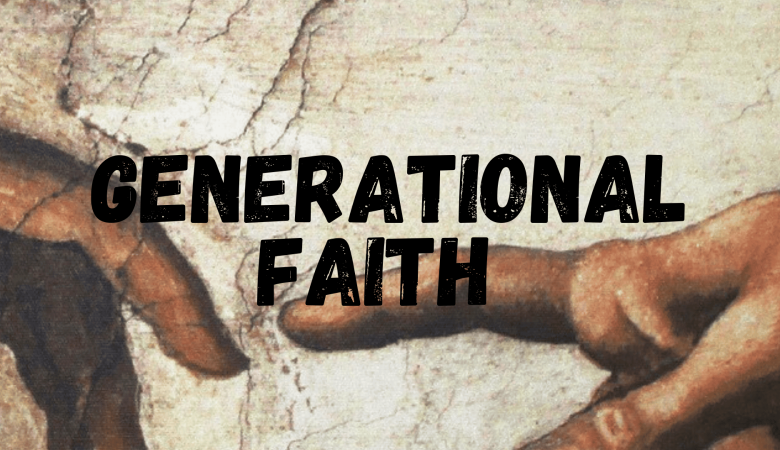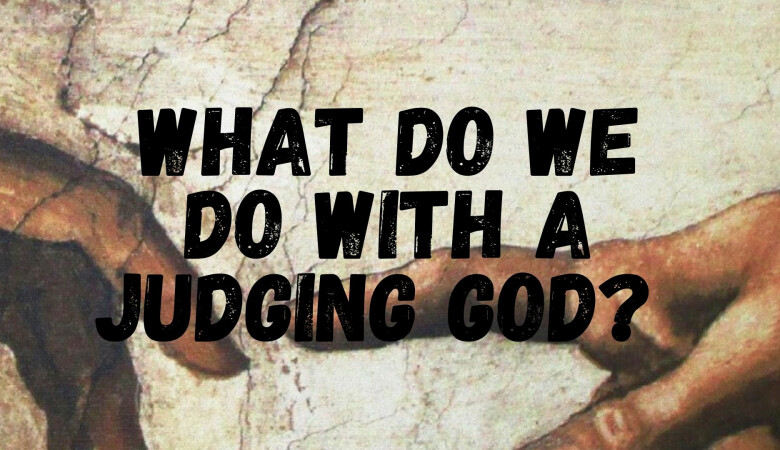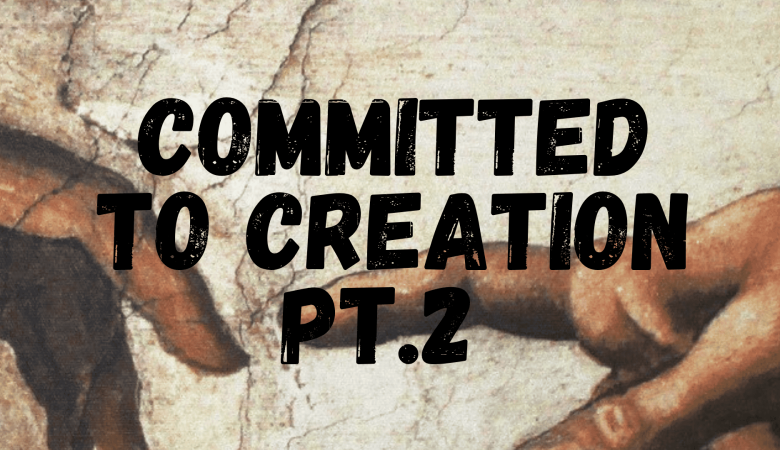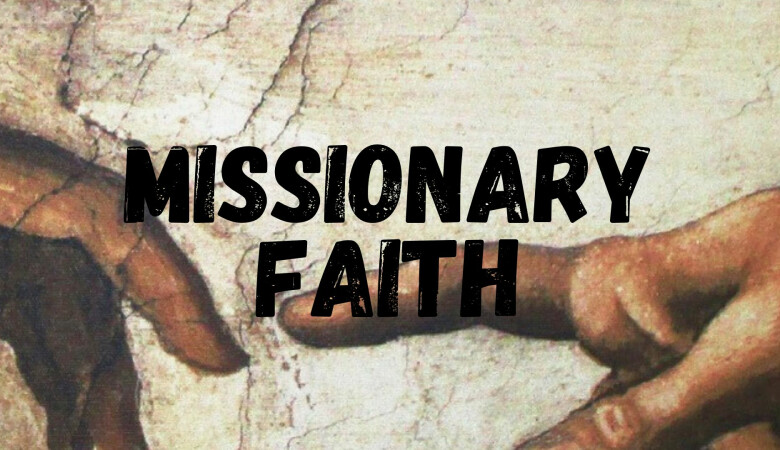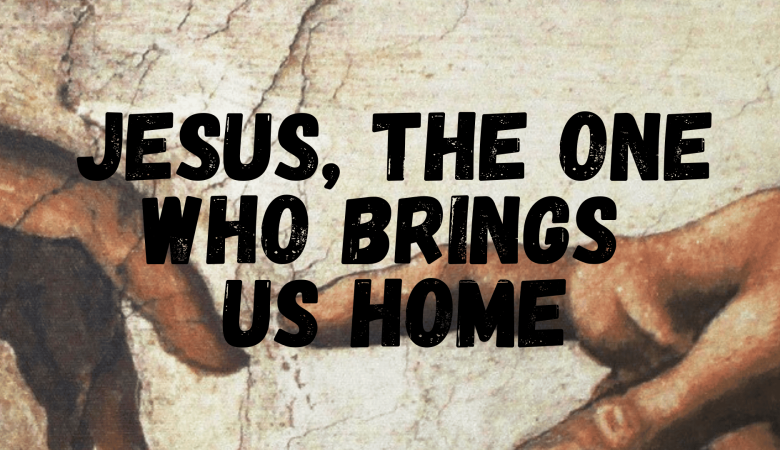Series: Created in Love
Man Goes Up, God Comes Down
December 15, 2024 | Peter Rowan
Passage: Genesis 11:1-9
Summary
The story of the Tower of Babel may not be a text that we would think of for Advent, but it tells us again the story that is at the heart of Christian faith. Humankind is in prideful rebellion against God and what we have seen thus far in Genesis is when that is the case there is only violence and harm that is coming. So, God in his grace acts in his commitment to his creation and in love for humanity. And what do we find at the center of the story, but what we find at the very center of Christianity: God comes down!!!
Transcript
In 1787, two years after Harrisburg was first surveyed by William McClay, the son-in-law of John Harris Sr, Salem Reformed church was organized as the first church in Harrisburg right where it still stands today at 3rd and Chestnut. Salem shared their building with the first Lutheran congregation,Zion Lutheran, which then organized as a church in 1795 and moved to its current location near the train station in 1814. As the city grew, and as building continued up here to the north of the city, Rebecca Riley and Rudolph Keller in 1861 gave the block on Riley st between 5th and 6th to be used as a Second Reformed church whenever they would be incorporated for the sum of $1. It wasn’t until February of 1863 that that dream for a new church in the far north of Harrisburg began to take on flesh. That first year the sermons were given in both English and German. In January of 1864, 160 years ago this year, Second Reformed Church of Harrisburg was formed. We outgrew our original location by 1876 and bought the church that was located here for $600 and sold the Riley st property for $6,900 in 1877. This current sanctuary was built in 1905. 160 years of being a church in and for the blessing of this city and this neighborhood.
Now, in the late 1990s another group was forming, mostly coming our of one of our sister congregation on the West Shore, New Covenant Presbyterian. The Zubrods were very involved with that and the McClymonts and soon the Tanis family and others of you. That Bible study became a church, the City’s Gate. That church was began as a Reformed church in and for the blessing of the city of Harrisburg.
To make the story short, these two congregations merged together formally in March of 2009, 15 years ago this year.
So, this year we celebrate both the 160th anniversary of the organization of the Second Reformed Church in Harrisburg and we celebrate the 15th anniversary of Second City Church, the merging together of these two congregations that gave themselves to being faithful to Jesus in the city of Harrisburg.
We come this morning to the story of the Tower of Babel. We didn’t read Genesis 10, but it is another genealogy typically called the Table of Nations. But here we have God scattering people all over and making these nations throughout the earth. And what do we make of this story. I mean, we have said and we have been seeing how these first chapters of Genesis are foundational texts for understanding the rest of the Bible. They are foundations from which we understand God and humanity and creativity and work and rest and pride and rebellion and God’s commitment and all of these kinds of things. Well, how does this story fit in. It’s kind of short, it doesn’t have any named figured like Adam and Even or Cain and Able or Lamech or Noah. What do make of it.
To organize our thoughts and get at this question, I want us to ask three other questions:
What do we make of the city?
What do we make of the people?
What do we make of God?
What do we make of the city?
Here in these first few verses of this text we find many of the things that make a city.
We have a level of density. Verse 2 tells us a group of people found this plain in the land of Shinned settled there. And one of the repeated themes is the “us”ness of the text. We have human density that is highlighted for us.
We also have creativity. That density leads to people putting their heads together and doing something rather remarkable. Verse 3. “Ley us make bricks, and burn them thoroughly” And they had brick for stone, and bitumen for mortar. You may not think much of that, but of course many early cultured used stone to build. Wee know that around 4,000 BC in this area of Mesopotamia where there is very little stone, they were the first to develop the technology of backing bricks to the point that they were about as good as building with stone. It was an incredible feat of creativity when it happened. People coming together, working together, figuring out life together.
Ok, so these first few verse give us a couple of insights into the basics of cities. They are places of density and also of great creativity. Of course, much more could be said about what cities are, but we at least see these two things here. What do we make of these two things? Well, at face value, we can say that these two things are good.
God make humankind plural. He made humankind in his image and when he did so he said “Let us make man in our image, after our likeness.” So, autonomy, living in isolation, is not a reflection of God and therefore it is not how we were made to live. We were made for community. We were made for life with one others.
God also made us creative. We saw back in Genesis 1 that by the time he makes man in his image a significant part of what we know about God is that he creates and he orders his creation and he delights in his creation. God is creative and we, in his image are creative.
And these two things, density and creativity, often work together. That’s why cities are so often places of great engineering feats, like here in this text, but it is also why cities are so full of folk working in the arts and in business and all the rest. The density can actually breed the creativity. Tim Keller says that cities are the places where people go to get converted. Conversion is a change. And so often if you just live your whole life in a more rural setting around just a few people, most of the time those people will live and think just like you and you will just live a life of fitting into what has always already been thought. Maybe your community wouldn’t think you could bake bricks hard enough and join them with bitumen and build really high buildings, but when lots of people come together conflicting ideas are more likely to bounce off of one another and you are more likely to be open to the idea that your convention of thinking isn’t right. I mean, it’s also part of why cities are often places where single people and minorities and gay people and all the rest can find a home. Melise and I got married at 30 and in many Christian settings when you are that old people look at you like your are funny if you are still single. That’s partly why I went to a church in the city when I lived in St Louis and part of the attraction to living in the city in Richmond was all of the creativity and the arts there, but also because the church had a lot more folk who were single and folk that just didn’t fit in at the more homogeneous churches in the suburbs. It’s just true, cities are places where the dual ideas of density and creativity play off of each other and bring in people that might not fit in less dense places and therefore are often places of diversity and places of conversion. That’s part of the reason why in Paul’s missionary journeys he went to cities. They were places where people discussed differences.
Now, you may say that community and creativity doesn’t demand the density of a city. What you may also say is that this whole story is how God scattered them! So, maybe the city is the problem. And, Peter, let’s be honest, for as great as cities are for people places of creative action and the possibility for conversion, they are also places of violence and estrangement. That’s all true. Yet, what I don’t think you can do is write off cities. You can’t just say that this story is a judgment on cities. And I want to say this more loudly because I think the history of our church to be a church here in Harrisburg seeking to love this place and to celebrate in word and deed the gospel of Jesus is both beautiful and deeply important.
When we first moved here I was looking on a map and saw the Conedeguinit and saw that Adams Ricci park was right there. So, we packed a lunch and thought we’d go eat with little Lillie by the creed. Well, we couldn’t find a pathway down even though on a map it looked like there should be one. So, I asked this guy walking past how we get to the river. He said “That’s a creek. You’re not from around here, are you?” “No, we just moved here from Richmond and we live over in Harrisburg now.” “You moved from one city to another?! Man, I don’t cross that bridge into the city unless I’m loaded down with amo!” And that is the perception of so many. The city is a place of violence and a place to protect yourself from.
But in the Bible the garden of Eden become the city of God. What we find in revelation is that the tree of life is right there in the middle of the city and the kings of the nations bring their glory into it. Density, creativity. The movement of God.
But, it’s true, God scatters these people. So…
What do we make of the people?
So, if this isn’t an indictment on cities what is it an indictment on?
Pride. Hubris. The dethronement of God.
What I said last week is that the Noah story retells for us not only the days of creation, reinforcing for us God’s commitment to his creation, but it also retells for us in the drunk Noah story parts of Genesis 3 and the reality of sins persistence after the flood. What we have today are echos of Genesis 4, but we also have a reiteration of the pride and sin of humanity.
Let me try to show you this:
I said there is a lot of of “us”ness here. But you may have noticed that the usness is echoing what God said in Genesis 1:26. God says “Let us make man in our image” and now here we read in verse 4 “Let us build ourselves a city…” By the wording used here we are to understand that they are now taking the role of God. What do they say next?
Well, one of the ways that the density is highlighted for us is, like I said, the “us”ness of the text. So, verse 4 says “Come, let us build ourselves a city!” Then they said “Let us make a name for ourselves.” Naming in the ancient world was an authoritative act. To name yourself was to say that you have authority over yourself. This was statement of autonomous defiance. “We will do as we pleas, God, thank you very much.” This again has echoes of Genesis 2 and 3.
Genesis 4 is also echoed in this story. You may remember that there a city is built and then listed for us are people that play instrument and that take bronze and iron and forge and also businessmen, but then it leads to the rebellious hubris of Lamech. And here we have a city with great creativity and ingenuity and then rebellious hubris.
So, what do we make of the people? What is God’s judgment? I mean, what happens when God comes is he scatters them? Is he scattering them for building a city? Or, really, is God just worried that they now have too much power? He dies say, “nothing that they propose to do will now be impossible with them.”
Well, lets let that invite us into our third question:
What do we make of God?
Well, one thing we can say is that God is set on his original plan for creation. I mean, we already saw that in a way last week with Noah, but we see that again. God had told them in Genesis 1:28 “Be fruitful and multiply and fill the earth”. Spread out. And we can also confer from Genesis 1 and Revelation 21 that God loves diversity. That he makes to the world to team with all kinds of living things and that in the New Jerusalem, the heavenly city, the nations will walk in the light of the Lord and the kings of the earth will bring their glory into it. So we can see that God is set on his original plan for creation.
But is God threatened by these people?
Again, he does say “Nothing they propose to do will now be impossible with them.” Is he thinking “my plans will be thwarted by these people?” No, he is thinking of grace. What happened with the pride of Genesis 3 and the autonomy of Adam from God? Hiding. Shame. Guilt. What happened with the pride of Cain and his disregard for God’s admonishment of him to flee from sin? The death of his brother. What happened with the pride of Lamech but the spread of violence in the world. “Nothing they propose to do will now be impossible” is not a phrase that is just to evoke the Eiffel Tower and the Empire State Building and the Great Wall of China and the Burj Khalifa. No, this is not an indictment on human ingenuity or collective creativity. This is an indictment on pride and rebellion against God. This tower they were building was a Ziggurat. It was the central focus of most ancient cities. Think of the Mayan ruins in Mexico. A tower with steps to heaven. These were the places of worship and they were the tallest buildings in the cities. Just like many of our places that give us meaning remain the tallest buildings in our cities, whether than is the business towers of NYC or the Capital building in DC, or Tiger Stadium in Baton Rouge and Beaver Stadium in State College or the Capital here in Harrisburg. And God knows that as you place those human achievements over him it only leads to distraction.
This is judgment with grace.
In Hebrew “let us make bricks” in v. 3, “build for ourselves” in v. 4, and “let us mix up” in v. 7 have a similar sound — and all sound similar to the Hebrew word for “folly.” God, in his grace, is prevented humankind from successfully cooperating together in anti-God projects. We don’t know why they left off building, but we can imagine fights breaking out over designs, we can picture engineers and architects hating each other over their own demands, we can pictures slaves rioting the baking of bricks after day. This is judgement with grace.
We’ve seen in Genesis the masterful way the very structures of the words and the pericopes are teachings us.
Here we have two structures.
First, we have an ABCDABCD.
We have one language and a common speech in verse 1 and verse 6. We have humankind saying “come” in verse 3 and God saying come in verse 7. We have “let us build” in verse 4 and we have leaving off building in verse 8. We have a name in verse 4 and we have the naming of Babel in verse 9. We have dispersing in verse 4 and we have dispersing in verse 9. ABCDABCD
Then we also have another chiasm. An ABCDEEDCBA structure.
We have all the earth and one language in 1 and again in 9. We have people settling in 2 and dispersing in 8 and 9. We have the same Hebrew word for “each other” in 3 and in 7. We have “come now” in verse 3 and verse 7. We have a city and a tower mentioned in both 4 and 5. ABCDEEDCBA .
And what is the turning point in both of these structures?
“And the Lord came down!”
This is a story about building a name apart from God.
And what is the answer to this.
God comes down.
Again, what an Advent text!? Amazing. God comes down. And he comes down to both humble us and also because he is committed to his plan for creation. God will not be thwarted.
Brothers and sisters, as we come to the end of this year that marks both the 160th anniversary of the organizing of our church and the 15th anniversary of the organizing of our church, this text should call us to be a people that recommit to life here, to the beauty of a city and this place in which God has placed us. And it also calls us to focus our life and our mission on God. What we need and what our city needs is life lived under God. Not life lived trying to be God, but life lived for him. Not life lived in isolation, but in community. And not life lived making a name for ourselves, but life lived receiving the name that God gives us when he comes down, names of sons and daughters.
Here is good news. God comes down.
Series Information
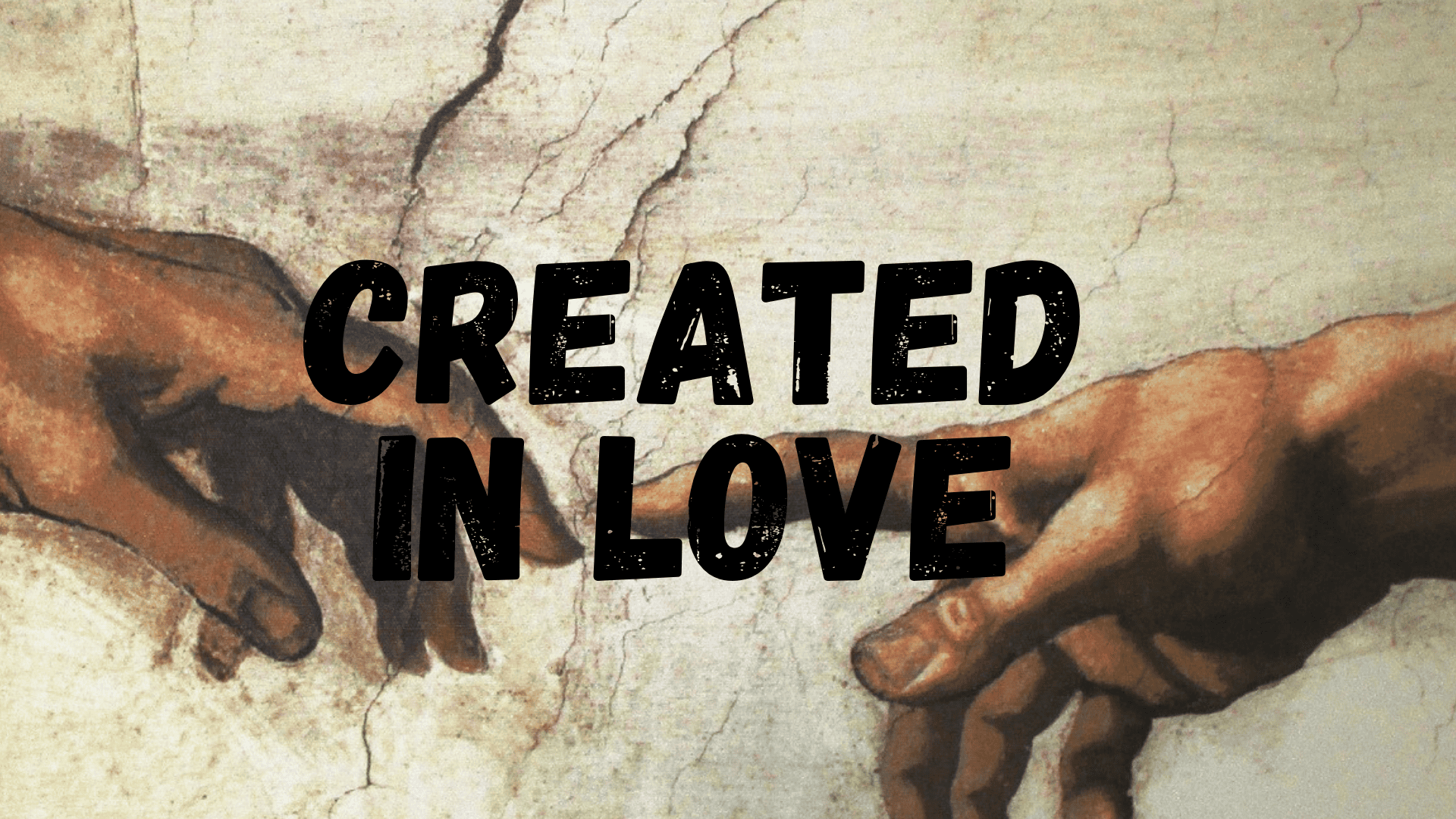
The first 11 chapters of Genesis are the origin story of all that is. In it we find unexpected account. It is not written to satisfy our desire to know the “how” As we will see, these 11 chapters are far more concerned to tell us “who” creates, and what becomes of the “good" world he hands his image bearers.

